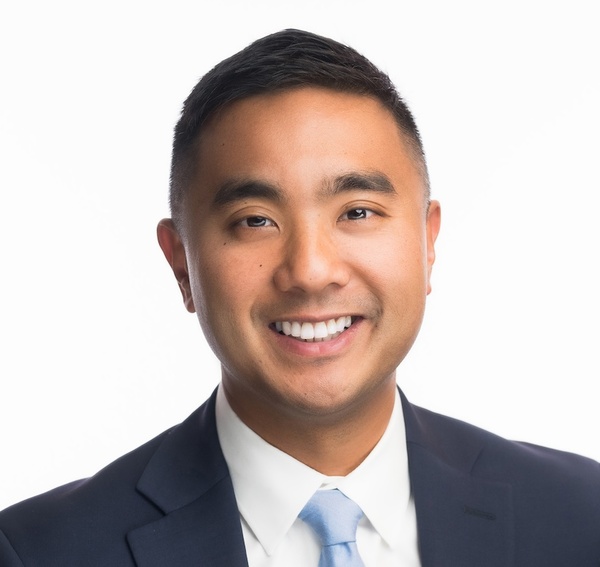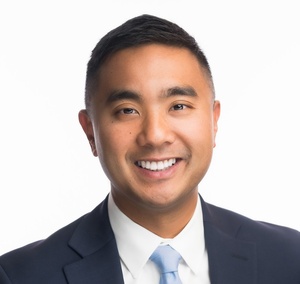When most people apply to medical school, they’re envisioning a future filled with stethoscopes, hospital scrubs, late-night calls, and the sacred doctor-patient relationship. They’re not thinking about open-plan tech campuses, machine learning algorithms, or keynotes at software conferences. So how does a physician end up working at Google?
It starts with a shift in mindset—realizing that medicine doesn’t have to be confined to hospitals and clinics. That health isn’t just about prescribing medications or performing procedures, but also about systems, data, innovation, and reach.
In today’s world, healthcare is deeply intertwined with technology. Medical decisions are increasingly supported by artificial intelligence, predictive analytics, and digital health platforms. Wearables track our vitals 24/7, apps guide patients through chronic disease management, and massive datasets help researchers unlock patterns humans could never detect alone. As a result, tech companies—especially ones like Google—have become major players in the future of healthcare.
Physicians bring something irreplaceable to that equation: clinical insight. Understanding the nuance behind a lab value, the subtle context of a symptom, or how patient trust works can’t be coded into a line of software without lived experience. And that’s why physicians are increasingly being recruited by tech companies—not to trade medicine for technology, but to bridge the two.
But let’s be honest. No one goes through organic chemistry, gross anatomy, and years of clinical rotations thinking they’ll one day be sitting in a product design meeting. Most doctors who end up in tech didn’t plan it—they discovered it. Some found that the traditional paths didn’t fulfill them. Others saw opportunities to impact millions of lives instead of just a clinic’s worth. And many realized that their medical degree could be the foundation, not the limitation, of their careers.
At Google, and across the tech world, physician-leaders are helping build responsible AI tools for diagnostics, design user-centric healthcare platforms, and craft policies that ensure digital health equity. They're reimagining what care looks like in a digital-first world—and they’re doing it with the kind of empathy and patient-focus that no algorithm can replicate.
So no, you don’t go to medical school thinking you’ll work at Google. But maybe more of us should. Because the future of medicine doesn’t just live in hospitals—it lives in the code, the cloud, and the bold ideas being shaped in rooms where white coats are optional, but vision is essential.
You may be wondering how I ended up at Google. I didn’t plan any of this. My journey here is a story of unexpected turns and chance opportunities.
But through a series of serendipitous events—and a relentless commitment to saying yes, staying curious, and keeping a positive attitude—I discovered one of medicine’s best-kept secrets: corporate medicine.
When I began medical school during the Great Recession in 2008, I joined the military to help pay for my education. My path felt clear: I was going to be a general surgeon. I threw myself into training with that singular goal in mind.
After completing a general surgery internship, the U.S. Navy charted a different course for me—I was selected to become a flight surgeon. The title is historic and a bit misleading (no, I wasn’t performing surgery midair). But I was flying in jet fighters, working side-by-side with aviators, and participating in real helicopter rescue missions. It was high-adrenaline, deeply meaningful work that stretched my understanding of what it meant to be a physician.
Still, as my career was ascending, so was my personal life. I got married. I had children. The long nights, weekend shifts, and on-call demands that once seemed like rites of passage suddenly felt incompatible with the life I wanted to live. I loved medicine, but I also loved my family—and I knew something had to give.
It was while moonlighting at a workers’ comp clinic that I stumbled across occupational medicine. I hadn’t learned much about it in medical school, but I was immediately intrigued. It combined clinical knowledge with systems thinking, prevention, and the unique opportunity to support people’s health in the context of their work lives.
That moment became a turning point.
I dove headfirst into occupational medicine and quickly realized it was so much more than injury management. Along the way, I met mentors and leaders who helped me see the broader possibilities: that physicians have a place not just in clinics and hospitals, but in boardrooms—guiding companies toward evidence-based, humane, and effective policies that improve the health of entire working populations.
I found myself drawn to the intersection of public health, business strategy, and clinical integrity. I developed a passion for population-level health in a corporate setting. I wanted to be at the decision-making table, using my medical training to influence change upstream—before illness starts, before burnout takes hold, before preventable injuries occur.
Through all of this, I kept showing up. I put my best foot forward, seized every opportunity, listened intently, and mentored others whenever I could. That mindset—combined with the right timing and the right people—led me to where I am today.
Now, I work for a Fortune 10 company. My title of “medical doctor” doesn’t just live on a badge—it has far-reaching impact on the health and well-being of the workforce I support. I help shape policies, build health strategies, and ensure our people thrive—because a healthy workforce is a powerful one.
No, I didn’t plan any of this. But I’ve learned that sometimes the best journeys are the ones you never see coming.
And corporate medicine? It’s not just a career pivot. It’s a purpose-driven calling—and one of healthcare’s most powerful, least talked about paths.
Mozibox believes that when physicians lead, healthcare advances. That’s why we’ve set an ambitious goal: to boost the number of physicians in leadership roles by 50% over the next decade. By sharing real stories of physician leaders and offering tangible opportunities and connections, we aim to make this vision a reality. Visit our Resources page to connect with mentors and explore opportunities in corporate occupational medicine.

